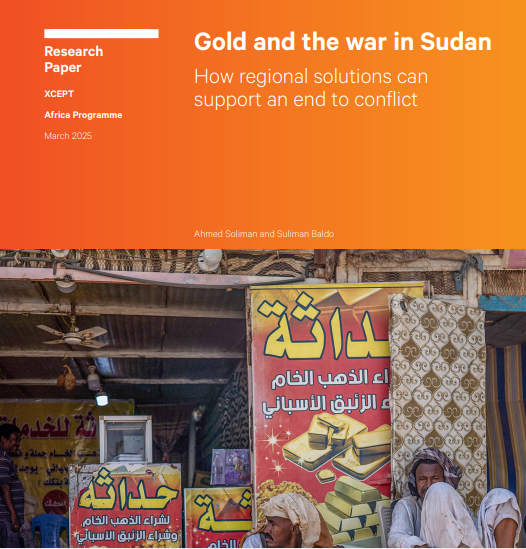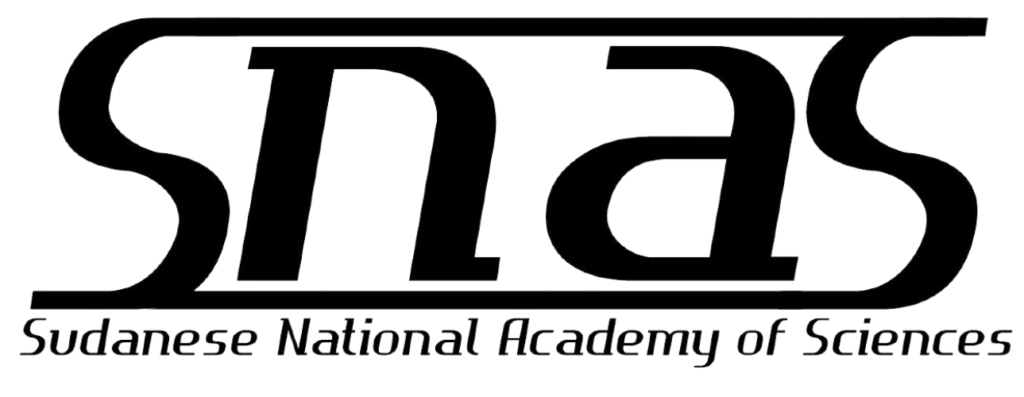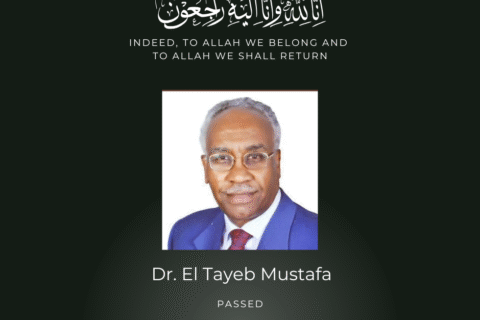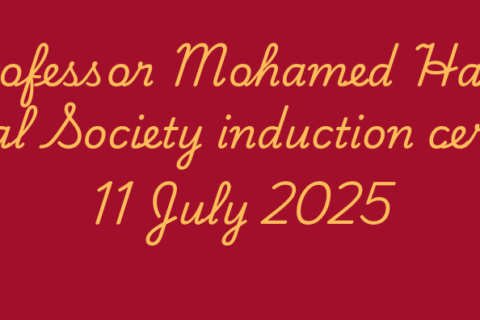
In March 2025, Ahmed Soliman and Suliman Baldo published a research paper through Chatham House, the Royal Institute of International Affairs. Their report examines Sudan’s ongoing conflict and reveals its deep connection to the gold trade, which has become a driving force behind violence and power struggles. Gold mining and smuggling serve as crucial financial lifelines for armed groups, further destabilizing the region. As rival factions compete for control over gold-rich areas, the humanitarian crisis escalates, leaving civilians trapped in the crossfire.
Gold has effectively become a weapon in Sudan’s war. Warlords and militias exploit the country’s vast gold reserves to sustain their operations, often circumventing international sanctions and regulations. Smuggling networks funnel gold through countries like the UAE, providing armed groups with access to global markets while avoiding scrutiny. This illicit trade prolongs the conflict and makes peace even more difficult to achieve.
The human cost of this struggle over resources is devastating. Communities near gold mines face forced displacement, human rights violations, and environmental destruction. The growing presence of armed groups in mining regions has led to widespread violence, with little regard for the well-being of local populations. Instead of serving as an economic asset for the nation, Sudan’s gold wealth continues to fuel instability and suffering.
On a global scale, curbing Sudan’s gold smuggling remains a significant challenge. Despite international efforts, regulatory loopholes and weak enforcement allow war profiteers to operate with impunity. Tackling this issue requires stronger oversight, increased transparency in the gold trade, and coordinated action from the international community. Until these measures are in place, Sudan’s gold will remain a tool for conflict rather than a catalyst for peace and development.
